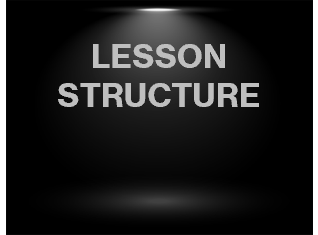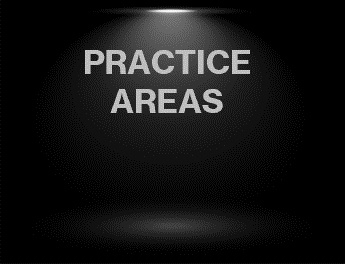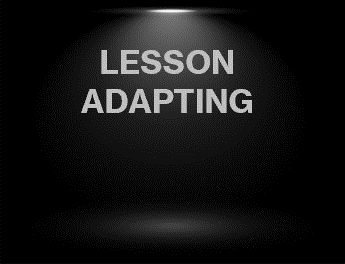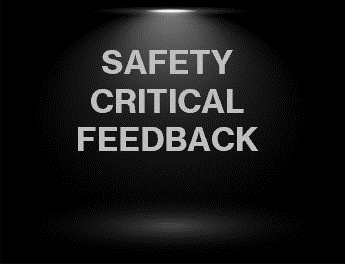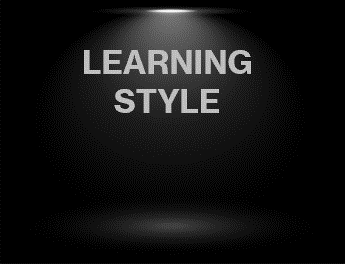When and why should you intervene?
I have seen mixed bags of situations while giving PDI training.
One that really stood out for me was when a learner without prompt pulled the car into the side of the road and got out of the car without saying anything.
The PDI at the time believed this was some sort of "set up" between myself and the pupil and that it was to test the PDI.
This however, was not the case and even caught me off guard.
I got out of the rear of the car and went and had a chat with the pupil who was without a doubt quite distraught and actually angry.
I asked them if they were ok to which they replied NO!
I asked what the issue was, to which they replied
"I'm not driving the car, the instructor is!"
As it happened the PDI was constantly on and off either the dual clutch or brake pedal, overriding the pupils control.
Any situation where the instructor felt the pupil wasn't going to stop in time, or was in the PDI's opinion not necessarily coping with the situation.
The fact that the PDI thought they were doing the right thing is one thing, but the fact that the pupil felt the need to pull in, get out of the car and protest about what was happening was another.
Who was in the right here?
Were the situations really that bad that the pupil could not cope with them, or was the PDI being over cautious?
In this particular instance it was without a doubt the PDI being way too over cautious.
The pupil was more than capable of controlling the car by themselves.
Each and every time the PDI stepped in the pupils confidence and progress was totally undermined.
Firstly, If the instructor is messing about with the dual controls and the pupil is unaware of it, it can have the effect of the pupil thinking they are doing a much better job than they actually are.
Dual controls (especially the brake) can easily be used in a manner where a pupil could be totally unaware of their use, and this is dangerous.
But more importantly, as an Instructor, if there is ever a need for you to intervene physically,
YOU MUST MAKE THE PUPIL AWARE OF IT!
You may not at the time be able to discuss why, but you must find a suitable place to pull in very shortly after the use of them to discuss why you have used them.
Obviously if you have had the need to intervene verbally you pupil will know that you have intervened.
Verbal intervention, dependent on the circumstances may need a pull over and discussion had, or it may be that it can be discussed while still on the move.
This will all be situational as to how this is dealt with.
When we think about Intervention it doesn't just mean activating the dual controls, or grabbing the steering wheel. It may be verbally by saying STOP! GO! or any other action verbally or physically that break from the planned action and change from the roles and responsibility that have been set.
Just a couple of quick examples.
EXAMPLE 1.
You are carrying out left turns and have agreed that your pupil is taking full responsibility for everything and carrying this out independently.
As they get to the turning they have done everything correctly other than they have missed placing on the left signal indicator.
You could intervene verbally by prompting "What signal do you need to give"
Or you could intervene physically by putting on the signal for them
Both cases have involved your intervention.
But were either of the actions by you timely and appropriate?
Well this is going to mainly come down to the circumstances at the time.
The agreed roles for responsibility were that your pupil was taking full responsibility for everything.
However, was there anything around you that warranted a signal being placed on at all?
There are No cars behind, ahead, or at the junction.
No pedestrians around
Actually the whole area is deserted.
So was a signal being placed on by you, or a verbal intervention required?
The agreed plan was fully independent!!!
As no one was around, you could have let the whole situation unfold and no signal be placed on.
Once the pupil had finished the turn, you could have pulled them in and asked how they felt it went.
The pupil may say "Great, but I missed my signal"
The pupil may say "Great, I thought everything went really well"
Pending their answer, it would allow you to delve deeper and ask about the signal.
The pupil may well reply with "I didn't think it was necessary as there was no one around to benefit from it!"
So rather than just assuming they had forgotten the signal, your pupil had assessed the situation fully and made the decision that a signal was not necessary.
This could always lead to a secondary discussion about what if someone had arrived at the junction right at the last second and whether they would put on a signal then.
Let's look at the same objective but change the situation.
EXAMPLE 2.
You are carrying out left turns and have agreed that your pupil is taking full responsibility for everything and carrying this out independently.
As they get to the turning they have done everything correctly other than they have missed placing on the left signal indicator.
You could intervene verbally by prompting "What signal do you need to give"
Or you could intervene physically by putting on the signal for them
Both cases have involved your intervention.
But were either of the actions by you timely and appropriate?
The agreed roles for responsibility were that your pupil was taking full responsibility for everything.
However, was there anything around you that warranted a signal being placed on at all?
On this occasion as you are coming close to the junction your pupil has carried out the mirror checks,
Began to slow the car and change gear. There are oncoming vehicles, vehicles following and vehicles waiting to pull out from the junction.
In the least a prompt would be necessary, but if the pupil does not react to this prompt you must intervene physically and put the signal on for them.
Earlier i mentioned about the PDI that constantly intervened which took away control from the pupil.
This situation is different. As signal was necessary and it was missed. Everyone around the vehicle needed to know where our car was going. So it was correct that the instructor intervened.
A discussion with the pupil would need to be had as to why it was important to have placed the signal indicator on.
Remember it is your job to keep the learning location SAFE!

